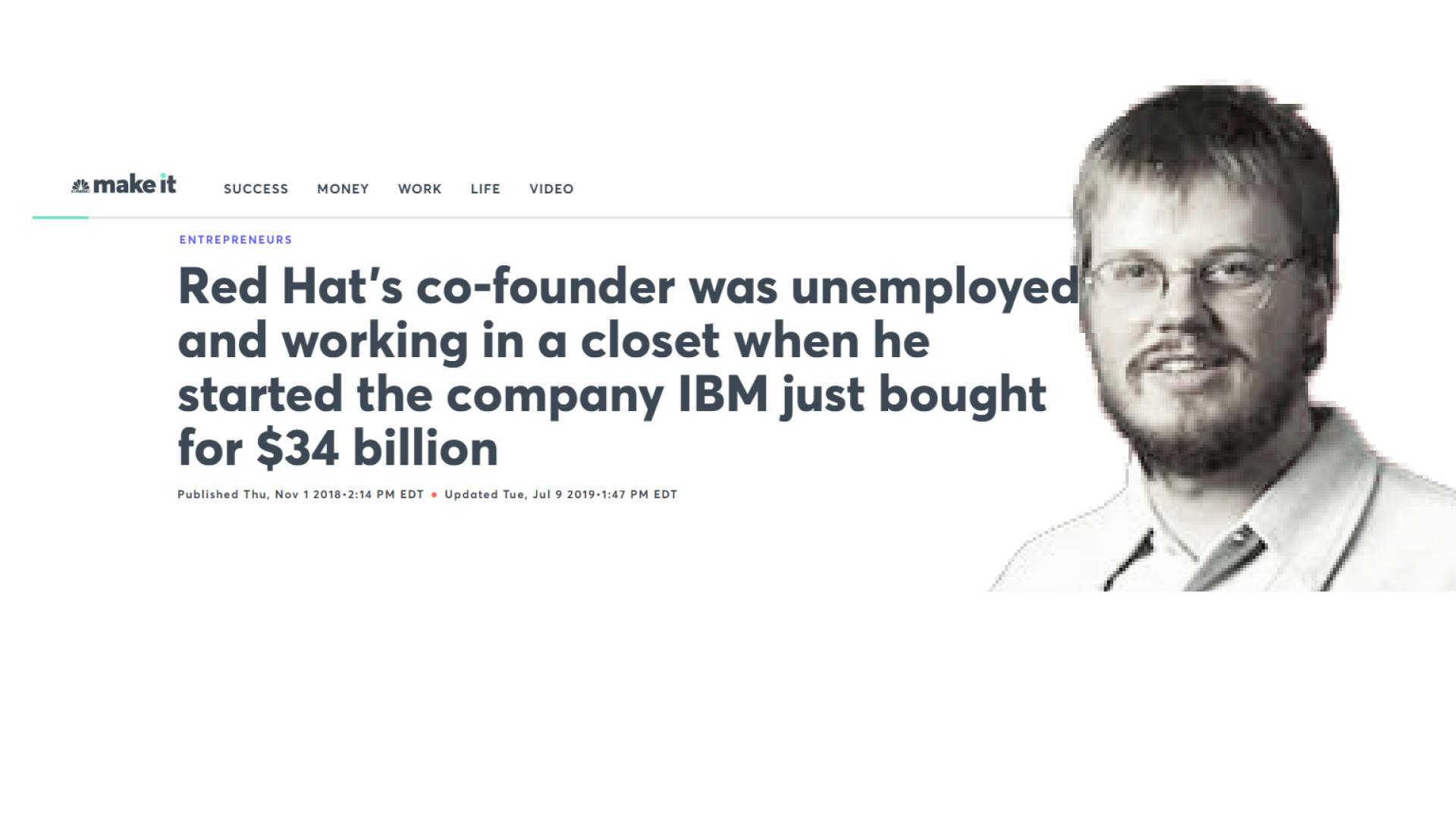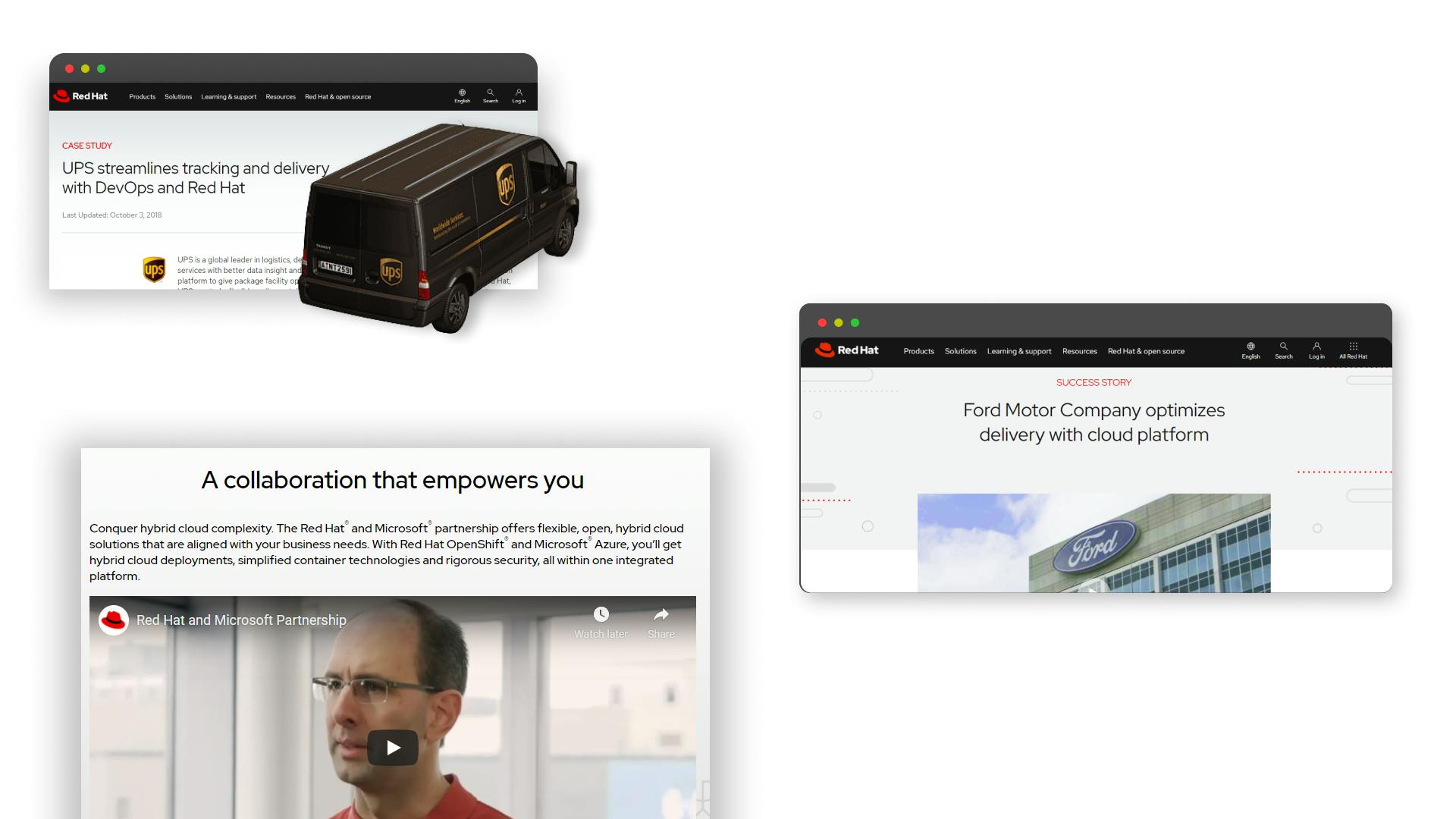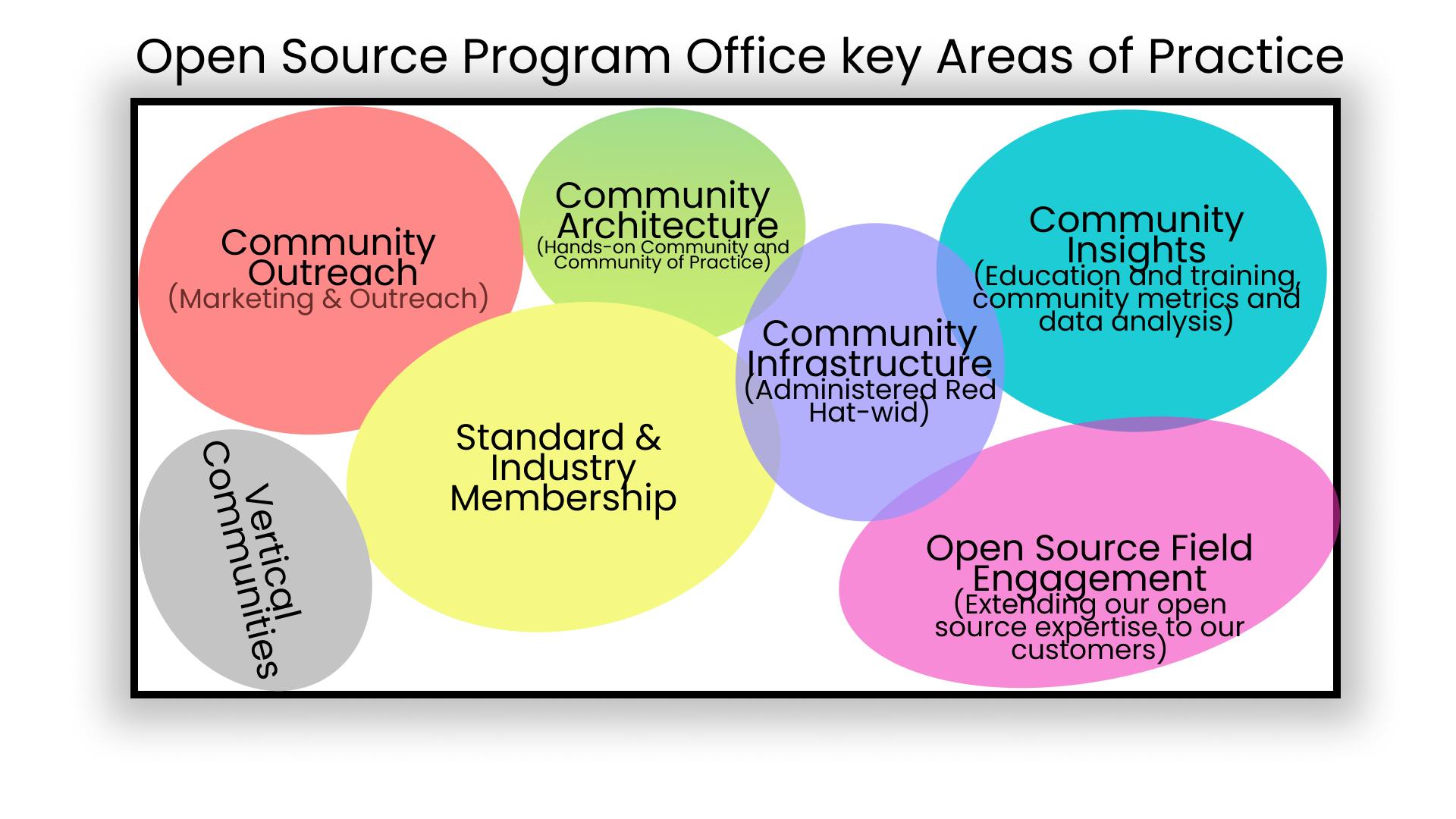
Why Open Source is important for RedHat? Before we start let's know how all these things begin?
On August 25th 1991, a 21-year-old graduate student from the University of Helsinki, Linus Torevolds working on a free Operating System, just a hobby. Few years forward that hobby evolves into one of the most important projects in the history of computing. The most operating system was created to make a ton of money. Linux was a revolution, it is based on the simple principle "Software should be free and Open".
This how the Open Source was evolved. There are more than 1000 Linux distros that are customized to serve different purposes. And each distro is backed by its community. Who have their own philosophical and technical opinions.
But What is a Linux Distro?
A distro is a complete operating system based on the Linux Kernel, That contains a bunch of packages and libraries, a package manager to install additional applications and a Desktop UI.
Who is Red Hat?
There is a distro that was born in 1994 called RedHat known for
its Security and Reliability for enterprise users.
 It was co-founded by Mark Ewing, At present Redhat is acquired by IBM.
It was co-founded by Mark Ewing, At present Redhat is acquired by IBM.
RedHat is an enterprise software company, which adopted a business model where they maintain an open-source operating system and earn by selling consulting integration and add-on services to big enterprise clients. They even offer some other services like storage, operating system platforms, middleware, applications, management products, and support, and training for enterprise clients.

Red Hat creates, maintains, and contributes to many free software projects. It has given birth to a bunch of children which are associated with enterprise work or use either the rpm and yum package manager.
Popular projects like Fedora, RHEL, CentOS (which are not only great for enterprise servers but also great for personal workstations) and many other projects are managed by RedHat's Community Architect.
Open Source Program Office serve RedHat as the centre of excellence for open source best Practices.
What OSPOs commonly do That RedHat's OSPO does not.
- Write code
- Oversee license Compliance
- Train engineers on open source development methodology.
- Bear responsibility for creating cultural change.
- Need to convince their lawyers or management that Open Source is a good thing.
The Mission of OSPO is to create and engage upstream communities for all projects. OSPO is divided into teams that follow certain practices like

You can catch the session on Youtube to know more about these practices.
Where to Find Us:
- OSPO landing page on redhat.com (red.ht/OSPO)
- Community channel on Red Hat company blog
- Resources Library collateral (red.ht/OSPOresources)
- Video content (youtube.com/c/RedHatCommunity)
- On Twitter @redhatopen
For Contributor who wants to get hands-on Enterprise Level Open Source Projects

